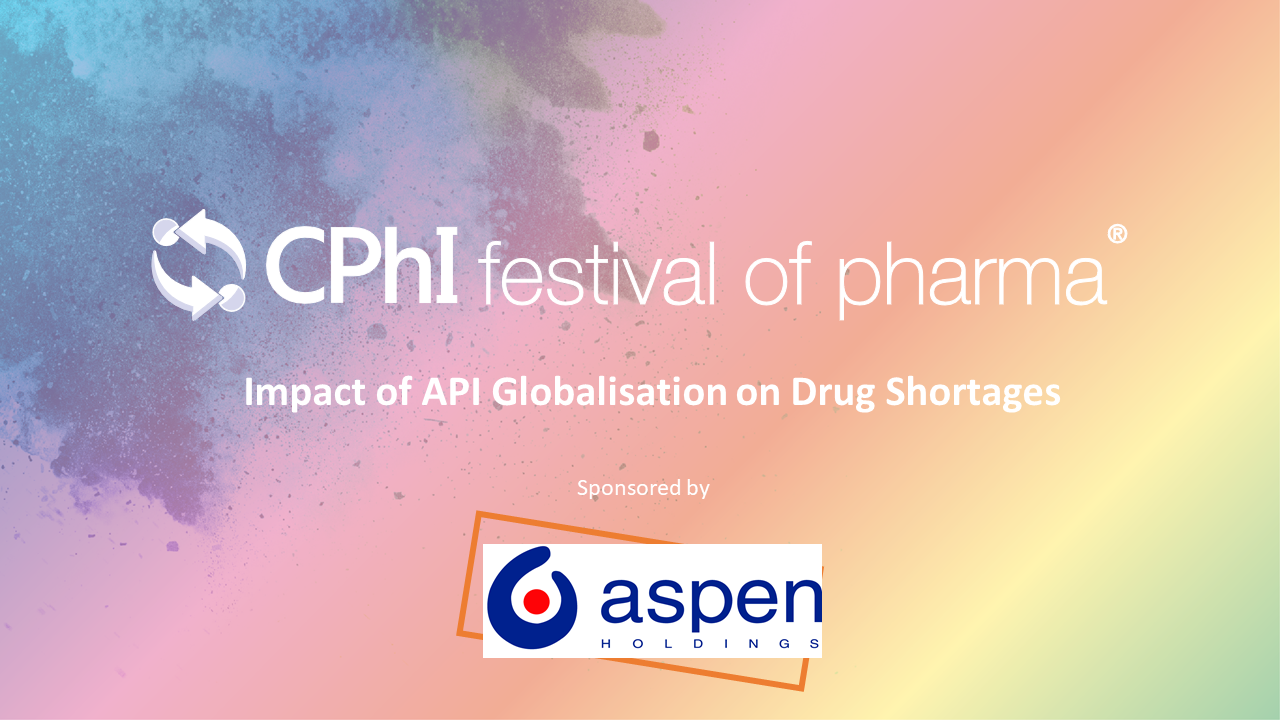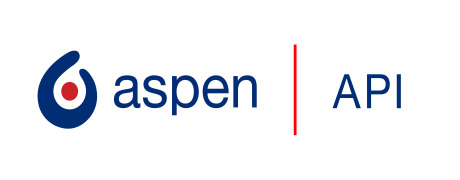Video
13 Jan 2023
Roundtable - Impact of API Globalisation on Drug Shortages

Content provided by our supplier
Aspen API

-
NL
-
2015On CPHI since
-
4Certificates
-
500 - 999Employees
Company types
Other Content from Aspen API (3)
-
Sponsored Content Aspen API’s Green answer to peptide synthesis
Our Green Continuous Liquid Phase Peptide Synthesis (GC-LPPS) combines the advantages of the classical solution-phase synthesis with the solid-phase approach. -
Whitepaper Endocrine-disrupting pharmaceuticals in the environment
How Aspen API is acting to minimize discharges of hormone-based active pharmaceutical ingredients into the environment.
Active pharmaceutical ingredients (APIs) are recognized as a contaminant of emerging concern for environmental and human health. Designed to be biologically active, APIs are also developed to remain stable during their passage through the body. However, due to their persistence, they can accumulate in the environment with potentially significant impacts on both the environment and non-target organisms. In total, more than 770 pharmaceuticals and their metabolites can be found in the environment. Even in low concentrations, the risks associated with pharmaceuticals in the environment (PIE) need to be determined and carefully managed, with a view to minimizing their impact on people and the environment.
A growing source of API emissions is estrogenic hormones such as oral contraceptives and hormone replacement therapies, known within the chemical industry as endocrine-disrupting chemicals (EDCs). As a leading producer of estrogenic hormone APIs, Aspen API is committed to minimizing the health and environmental impact of our manufacturing activities. This white paper outlines efforts to tackle this growing health issue, including the steps we are taking in our manufacturing facilities in the Netherlands to fully eliminate our API discharges into the environment. -
News CPHI Trend Report - Sustainability in Pharma
While in the past, much of the discussion around sustainability in the pharmaceutical industry rightly focused on efforts to minimize the environmental impact of drug production, the needle has now shifted. There are signs that companies not only understand that it represents one of the world’s biggest challenges moving forward, but also that they are starting to incorporate sustainability practices into a much broader suite of operations.
Position your company at the heart of the global Pharma industry with a CPHI Online membership
-
Your products and solutions visible to thousands of visitors within the largest Pharma marketplace
-
Generate high-quality, engaged leads for your business, all year round
-
Promote your business as the industry’s thought-leader by hosting your reports, brochures and videos within your profile
-
Your company’s profile boosted at all participating CPHI events
-
An easy-to-use platform with a detailed dashboard showing your leads and performance






